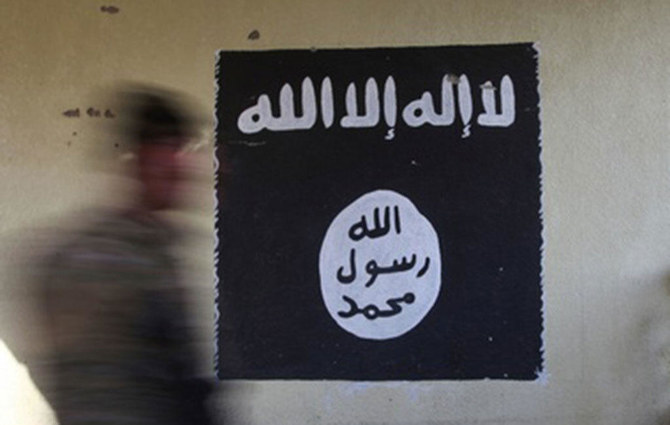LONDON: Engagement with extremist content has proliferated over the last 18 months as people have been forced inside and online by COVID-19 lockdowns, experts have warned.
“What we’ve seen is evidence of spikes of online activity in a wide range of extremist issues during lockdown,” Jacob Davey, head of research and policy of far-right and hate movements at the Institute for Strategic Dialogue, told The Guardian.
“It is not just terrorist material but a broad cocktail of online harms, as people spent more time indoors.”
Last year, the UK’s Counter-Terrorism Internet Referral Unit said over 7 percent more pieces of suspected terrorism content were reported to them during 2020 compared with the year before.
Paul Gill, a professor of security and crime science at University College London, said the nature of the terror threat was already evolving after the defeat of Daesh’s so-called caliphate in 2019. “That has meant there were already fewer directed plots and a rise in self-initiation,” he told The Guardian.
The on-off lockdowns of the past 18 months have only served to turbocharge this change, as associating in person became more difficult and social isolation from community and family created “a perfect storm of other risk factors for radicalization,” Gill said.
“If you have any grievance you can go online and find people who will validate your grievance, and make you feel like you are part of something,” he added.
An increasing number of terrorist attacks — or closely related cases — were “hard to define,” he said.
The UK is currently coming to terms with the murder of an MP at the hands of a suspected Islamist, but as Gill alluded to, the circumstances surrounding the murder are not immediately obvious.
Some have blamed Islamist extremism, while others cite a rising tide of online hatred against public officials.
According to MI5, Islamist extremism remains the greatest threat to British public safety, but other forms — such as right-wing extremism — remain a clear threat, as does the growing category of instances with a mixed, unclear or uncertain motive.
Of all referrals to Britain’s counter-radicalization program from 2019 to 2020, the latest period for which figures are available, 51 percent were in the MUU category, while the rest were split between Islamists and right-wing radicals, at 24 and 22 percent respectively.
























